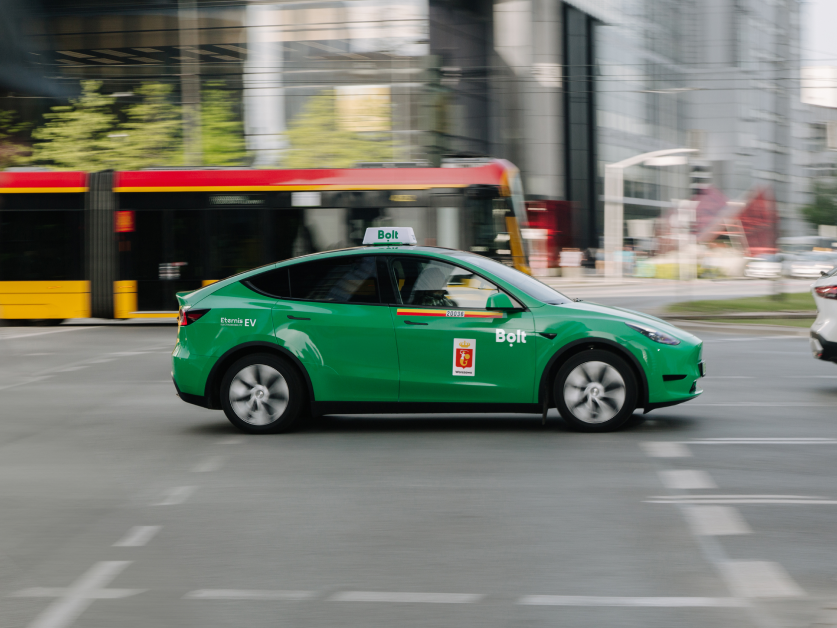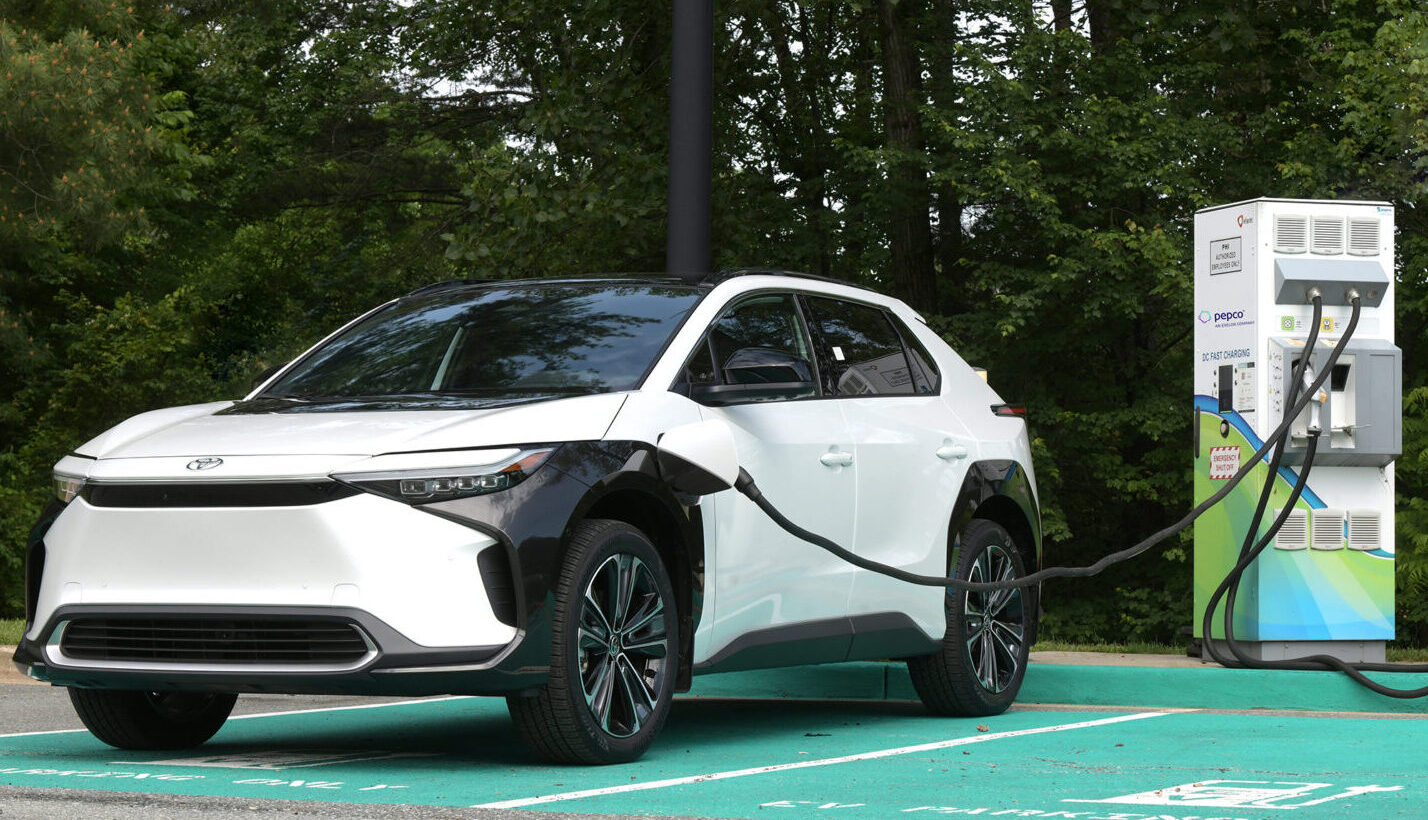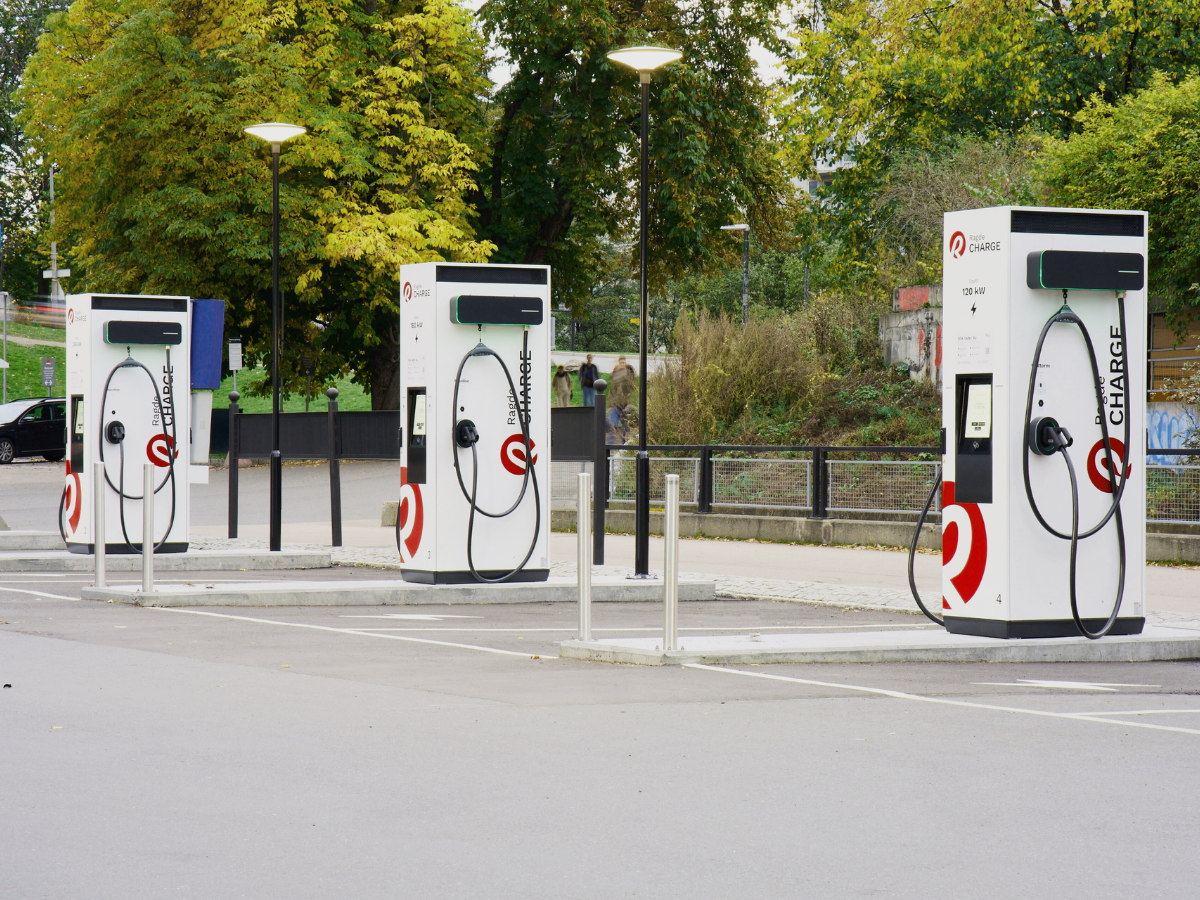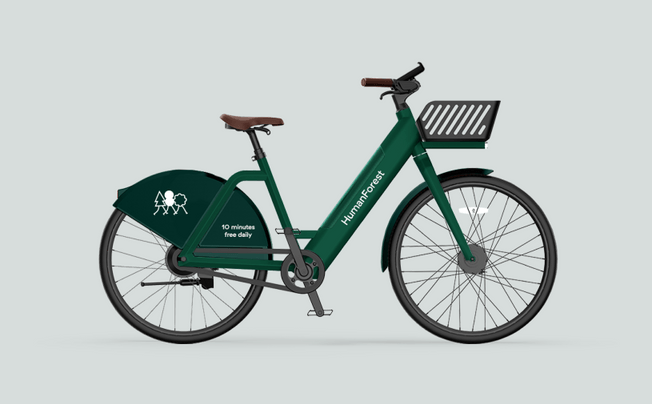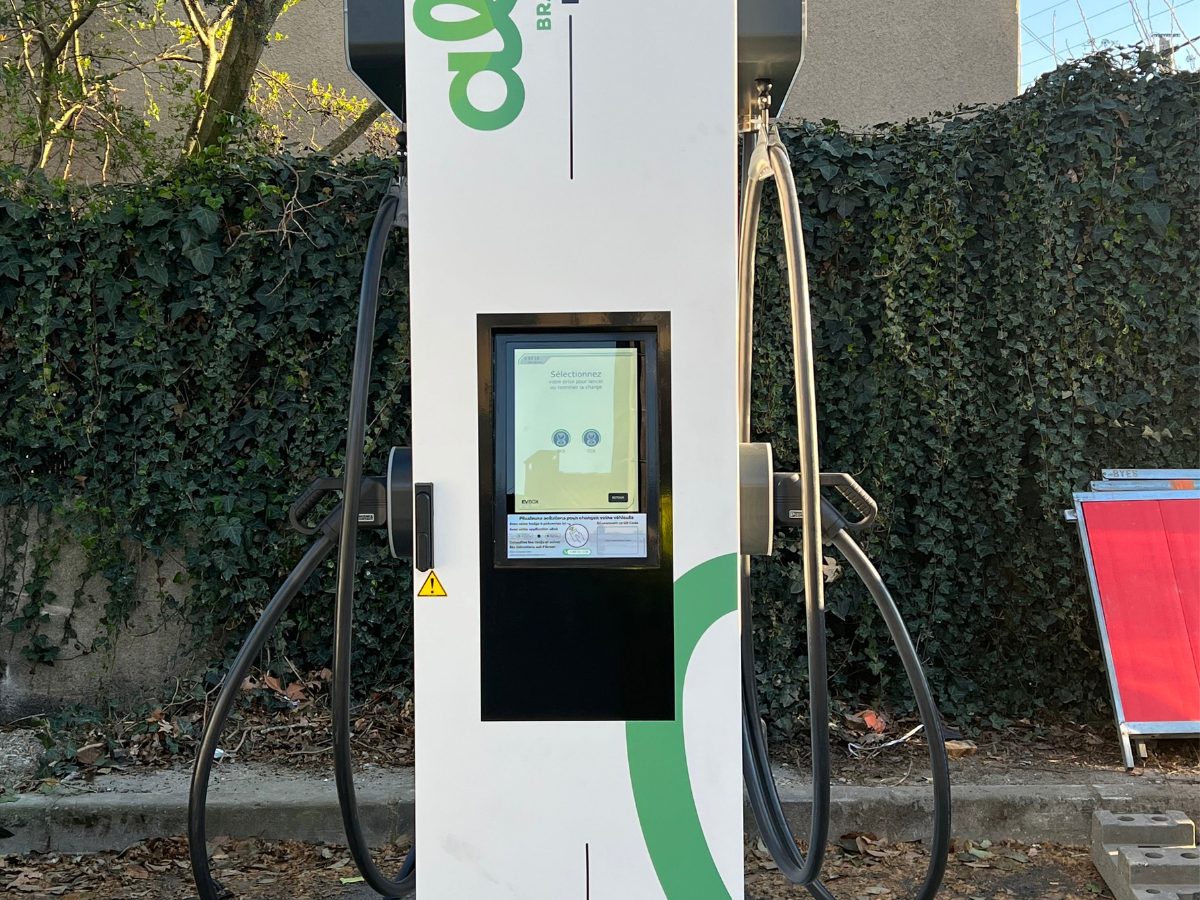The Electric Road Consortium – made up of Costain, Siemens Mobility and the Centre for Sustainable Road Freight – has published a study that has found that a nationwide electric road system would likely be the fastest and most efficient way to decarbonise the UK’s freight sector.
An electric road system would have overhead wires over the inside lane of key motorways as well as static charging facilities across the country. Using this study’s findings, the consortium is now calling on the UK government to allocate taxpayer funds to an electric road system pilot on the M180. This pilot could demonstrate how such a system could be implemented nationally.
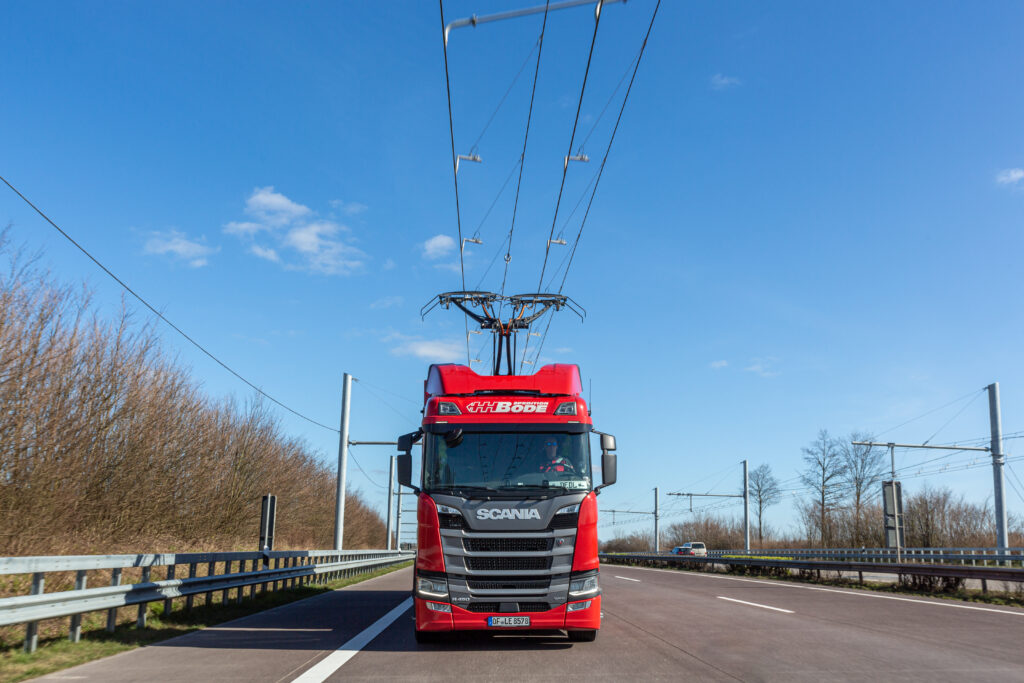
The consortium pointed out that the UK government has said all new diesel lorry sales would be banned from 2040. Implementing the infrastructure needed by non-diesel HGVs is therefore an important matter.
The study was conducted over a nine-month period and received funds from the DfT through Innovate UK as part of its Zero Emission Road Freight Trials.
Electrifying motorways, the study found, was both the lowest-carbon and most energy-efficient option to decarbonise freight. It was also the fastest way to reduce emissions. The consortium said it estimated that this approach would remove around 5 percent of the UK’s total greenhouse gas emissions.
The consortium members did not make clear what other road freight decarbonisation options they had compared the electric road system to. However, they did reference hydrogen-powered HGVs and the Zero Emission Road Freight Trials also look at battery-only options as well as combination options of these two (battery and hydrogen).
One finding was that a truck drawing power from overhead lines would require three times less energy than a hydrogen truck. Further, an electrified motorway was also found to be the most resource-efficient choice with the lowest impacts on the natural environment.
The consortium members said that a pilot was needed for testing and industry learning and that a stretch of the M180 between Doncaster and the port of Immingham on the Humber had been identified as the best for the trial. Should it go ahead, the consortium said it “would work closely with infrastructure owners and the logistics industry throughout the project, using the data and learnings generated to develop a clear practical plan for how to roll out an ERS nation-wide”.
Electric Road Consortium Study Findings
According to the study results, an electric road system of 5,000 single lane kilometres focused on the motorways and trunk roads that are most heavily used by HGVs, coupled with around 2,100 static charging stations could support UK logistics operations without a need for significant changes to current operational practice.
An electric road system would likely deliver the lowest total cost of ownership for HGV fleet operators.
Further, an electric road system would generate between 10 and 20 percent greater savings in greenhouse gases (2025–2050) when compared to a pure large battery system.
There are already electric road trials underway in Europe, meaning that a UK system would help ensure that the country’s freight industry can operate seamlessly on the continent too.
Professor David Cebon, Director of the Centre for Sustainable Road Freight (Cambridge University, Heriot-Watt University and Westminster University), said:It's great that the Government has announced the next phase of funding into renewable energy-powered HGVs for battery and hydrogen. Our study informs how an ERS can be rolled out at scale now and how it could form the backbone of a future green infrastructure for HGVs. Let's work together to see how we can make this a reality and put the UK at the forefront of renewable technology for HGVs.
The Conceived Pilot
The consortium has located 41km of the M180 it believes would be ideal for the 100m GBP pilot. The location could be an opportunity to generate power from local wind and solar to deliver the electricity used for the electric road system.
The project would start with the electrification of two separate 10km stretches on the eastbound carriageway, which can be built at the same time. If given the green light, the consortium believes the pilot could be up and running within two years.
The pilot would use a combination of overhead lines connected to specially-designed battery-electric hybrid lorries that can automatically attach and detach themselves from the wires and needed. This dynamic charging would be coupled with static chargers, placed at locations such as depots and logistics hubs. Other electric trucks (battery-only or hydrogen fuel cell hybrid trucks) could also use this static charging infrastructure.
Alex Vaughan, CEO, Costain, said:Our findings demonstrate the enormous opportunity ERS presents to help decarbonise freight transport. Accelerating HGVs' move away from diesel would not only help achieve the UK's climate targets, but also support improvements in air quality and energy security. Whilst this technology alone will not solve the net zero challenge, it can play a significant part in decarbonising freight transport and we therefore call on the Government to support a UK pilot.



